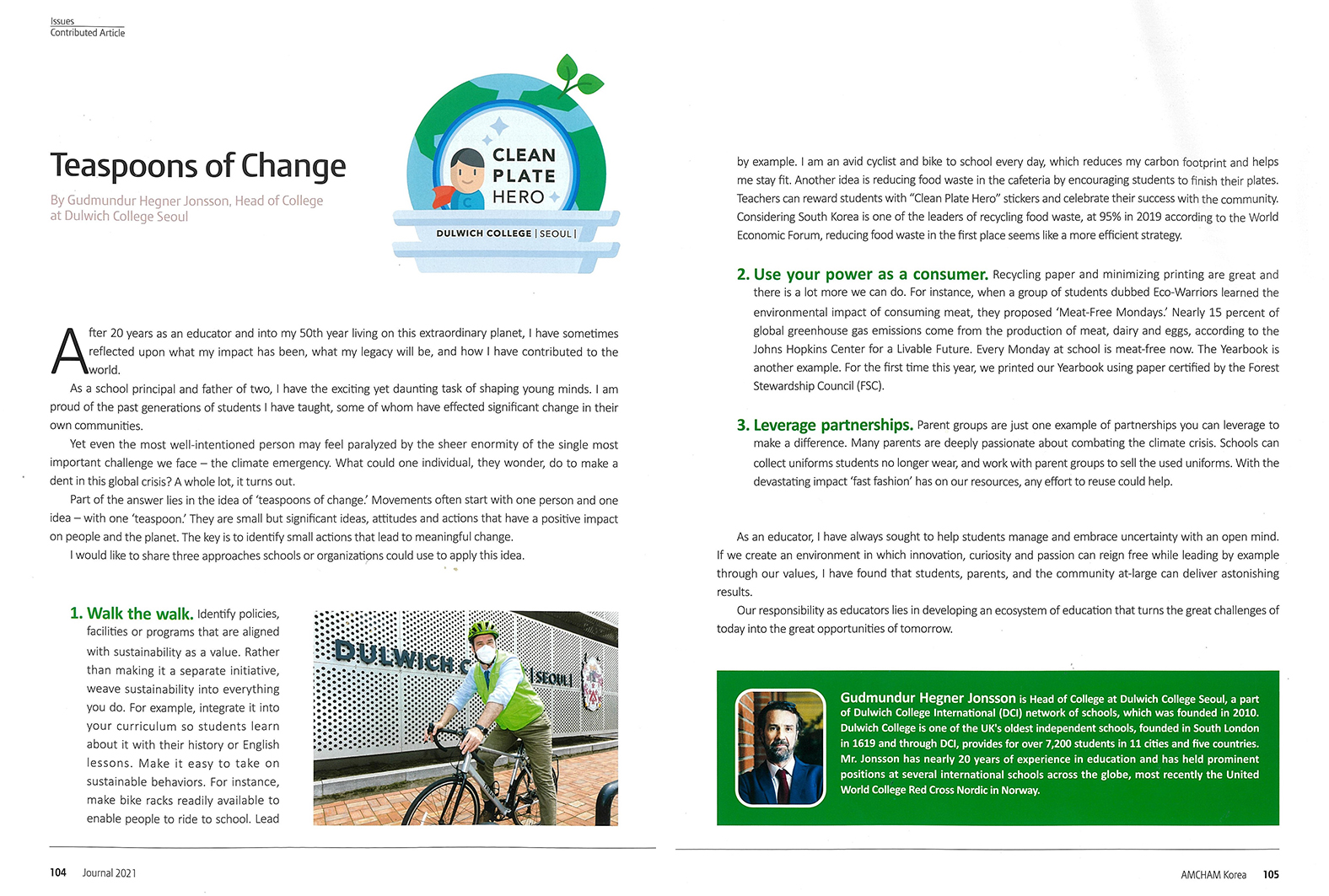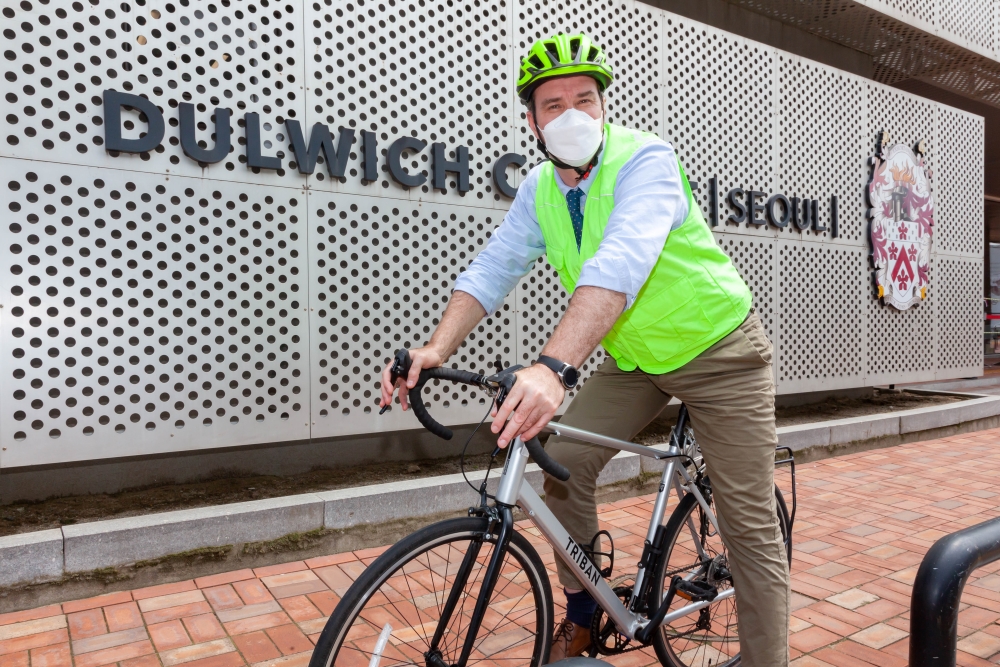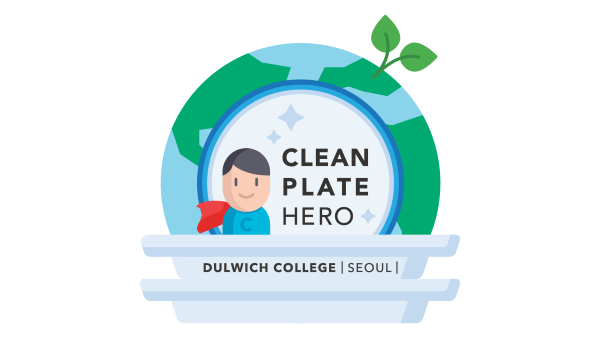Teaspoons of Change

Our Head of College, Mr Gudmundur Jonsson, shares how leaders can implement sustainability practices in their organisations by helping students manage and embrace uncertainty with an open mind. Featured in the latest quarterly issue of the American Chamber of Commerce in Korea (AMCHAM) journal, Mr Jonsson writes about how one person and one significant idea (teaspoon) - whether big or small - can lead to positive impact on people and the planet.
Read the full article below:

After 20 years as an educator and into my 50th year living on this extraordinary planet, I have sometimes reflected upon what my impact has been, what my legacy will be, and how I have contributed to the world. As a school principal and father of two, I have the exciting yet daunting task of shaping young minds. I am proud of the past generations of students I have taught, some of whom have effected significant change in their own communities. Yet even the most well-intentioned person may feel paralyzed by the sheer enormity of the single most important challenge we face – the climate emergency. What could one individual, they wonder, do to make a dent in this global crisis? A whole lot, it turns out. Part of the answer lies in the idea of ‘teaspoons of change.’ Movements often start with one person and one idea – with one ‘teaspoon.’ They are small but significant ideas, attitudes and actions that have a positive impact on people and the planet. The key is to identify small actions that lead to meaningful change. I would like to share three approaches schools or organizations could use to apply this idea.
1. Walk the walk.
Identify policies, facilities or programs that are aligned with sustainability as a value. Rather than making it a separate initiative, weave sustainability into everything you do. For example, integrate it into your curriculum so students learn about it with their history or English lessons. Make it easy to take on sustainable behaviors. For instance, make bike racks readily available to enable people to ride to school. Lead by example. I am an avid cyclist and bike to school every day, which reduces my carbon footprint and helps me stay fit. Another idea is reducing food waste in the cafeteria by encouraging students to finish their plates. Teachers can reward students with “Clean Plate Hero” stickers and celebrate their success with the community. Considering South Korea is one of the leaders of recycling food waste, at 95% in 2019 according to the World Economic Forum, reducing food waste in the first place seems like a more efficient strategy.
2. Use your power as a consumer.
Recycling paper and minimizing printing are great and there is a lot more we can do. For instance, when a group of students dubbed Eco-Warriors learned the environmental impact of consuming meat, they proposed ‘Meat-Free Mondays.’ Nearly 15 percent of global greenhouse gas emissions come from the production of meat, dairy and eggs, according to the Johns Hopkins Center for a Livable Future. Every Monday at school is meat-free now. The Yearbook is another example. For the first time this year, we printed our Yearbook using paper certified by the Forest Stewardship Council (FSC).
3. Leverage partnerships.
Parent groups are just one example of partnerships you can leverage to make a difference. Many parents are deeply passionate about combating the climate crisis. Schools can collect uniforms students no longer wear, and work with parent groups to sell the used uniforms. With the devastating impact ‘fast fashion’ has on our resources.
As an educator, I have always sought to help students manage and embrace uncertainty with an open mind. If we create an environment in which innovation, curiosity and passion can reign free while leading by example through our values, I have found that students, parents and the community at-large can deliver astonishing results.
Our responsibility as educators lies in developing an ecosystem of education that turns the great challenges of today into the great opportunities of tomorrow.
Mr Gudmundur Hegner Jonsson
Head of College







